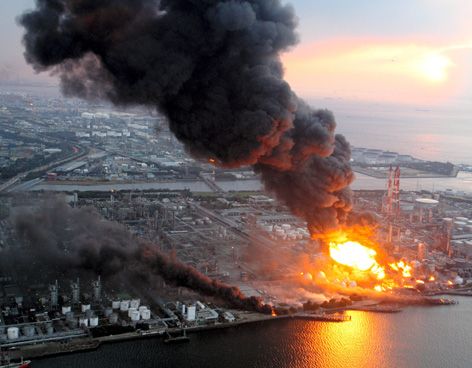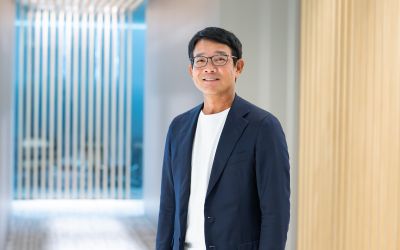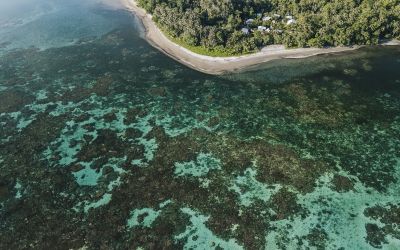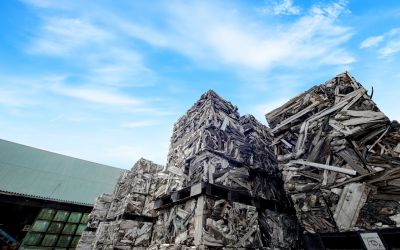Japan restarts first nuclear reactor since Fukushima disaster
Japan has restarted its first nuclear power plant since the Fukushima disaster in 2011 caused a shutdown of all nuclear facilities, sparking protests across the country

Japan has restarted its first nuclear power plant since the Fukushima disaster in 2011 caused a shutdown of all nuclear facilities, sparking protests across the country.
Protestors have rallied outside Japan’s Sendai nuclear plant against its reopening four years after the Fukushima meltdown.
Kyushu Electric Power started to reactivate the No. 1 reactor at the Sendai facility on Tuesday and power plant could start generating power as early as Friday August 14.
In a statement Kyushu Electric Power said: “We will continue to seriously and carefully cooperate with the country’s inspections, making safety our top priority, cautiously advancing the restart process.”
Environmental groups and activists have warned that no adequate plan has been introduced for evacuating residents in the event of a Fukushima-style meltdown.
The Fukushima nuclear disaster was triggered by a powerful earthquake in March 2011 and is the second disaster, along with the Chernobyl meltdown in Russia in 1986, to measure Level 7 on the International Nuclear Event Scale.
A tsunami caused by the earthquake swamped the facility’s cooling systems and triggered reactor meltdowns, prompting the shutdown of Japan’s 50 reactors in 2013, which came to an end on Tuesday with the restarting of the Sendai facility.
Opponents to the restarting of Japan’s nuclear operations have highlighted the fact that the country records more earthquakes than any other nation and the Sendai facility is located 60 kilometres from an active volcano.
The government of Prime Minister Shinzō Abe relies heavily on nuclear power in its energy plan and is aiming for 20 per cent of the country’s energy requirements to be covered by nuclear energy by 2030.
Decommissioning of the Fukushima reactors is expected to take decades and compensation expenses have reached an estimated US$57 billion.
Addressing the media, Industry Minister Yoichi Miyazawa said: "It is important to restart reactors one by one from the perspective of energy security, the economy and measures against global warming, but safety always comes first."






